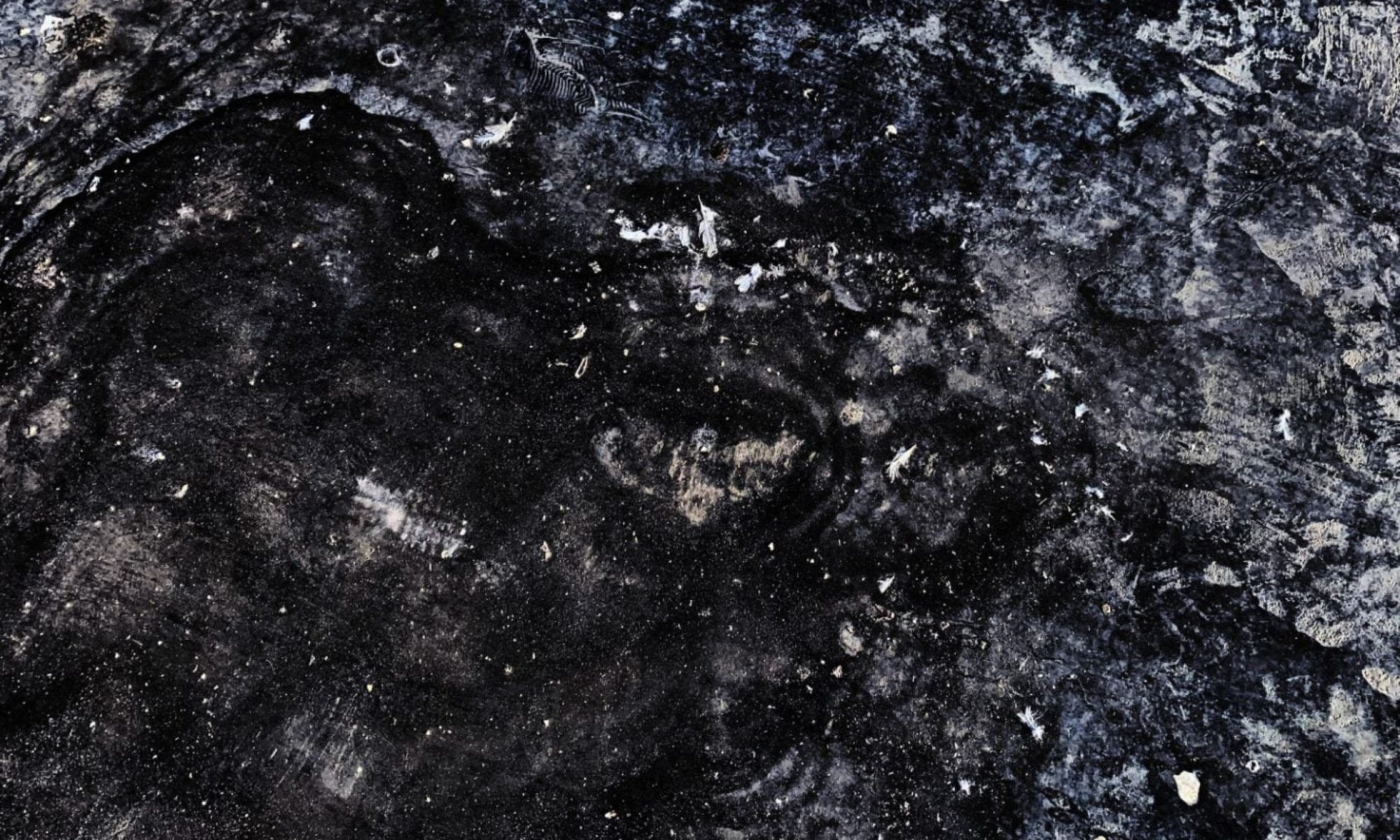Liz Ševčenko
Founding director, humanities action lab
Liz Ševčenko is founding director of the Humanities Action Lab, a growing consortium of over 30 universities that collaborate with issue organizations and public spaces to develop student- and community-curated public memory projects around contested social issues. Ševčenko started HAL at The New School in New York City and now leads it from Rutgers University-Newark. HAL’s latest project is Climates of Inequality: Stories of Environmental Justice, a traveling exhibit, web platform, and public actions confronting histories of environmental racism and their legacies for the climate crisis, created by over 500 students and frontline community leaders across the hemisphere COI was preceded by States of Incarceration: A National Dialogue of Local Histories, which inspired the Rikers Public Memory Project, a collaboration with Just Leadership USA and Create Forward. HAL grew out of the Guantánamo Public Memory Project, an international collaboration of universities and organizations Ševčenko launched from Columbia University’s Institute for the Study of Human Rights, to build a global conversation about the past, present, and future of the US naval base at Guantánamo Bay. Ševčenko was founding director of the International Coalition of Sites of Conscience, a network of historic sites that foster public dialogue on pressing contemporary issues. Prior to starting the Coalition, Ševčenko served as Vice President for Programs at the Lower East Side Tenement Museum, developing exhibits and educational activities that connect the stories of the neighborhood’s immigrants past and present. She writes on intersections of social justice, heritage, and memory in journals and edited volumes in a variety of fields. She received her BA in history from Yale University and her MA in history from New York University. In 2017 she was awarded the Rome Prize in historic preservation from the American Academy in Rome to start her forthcoming book, Public Memory for the Post-Truth Era.

